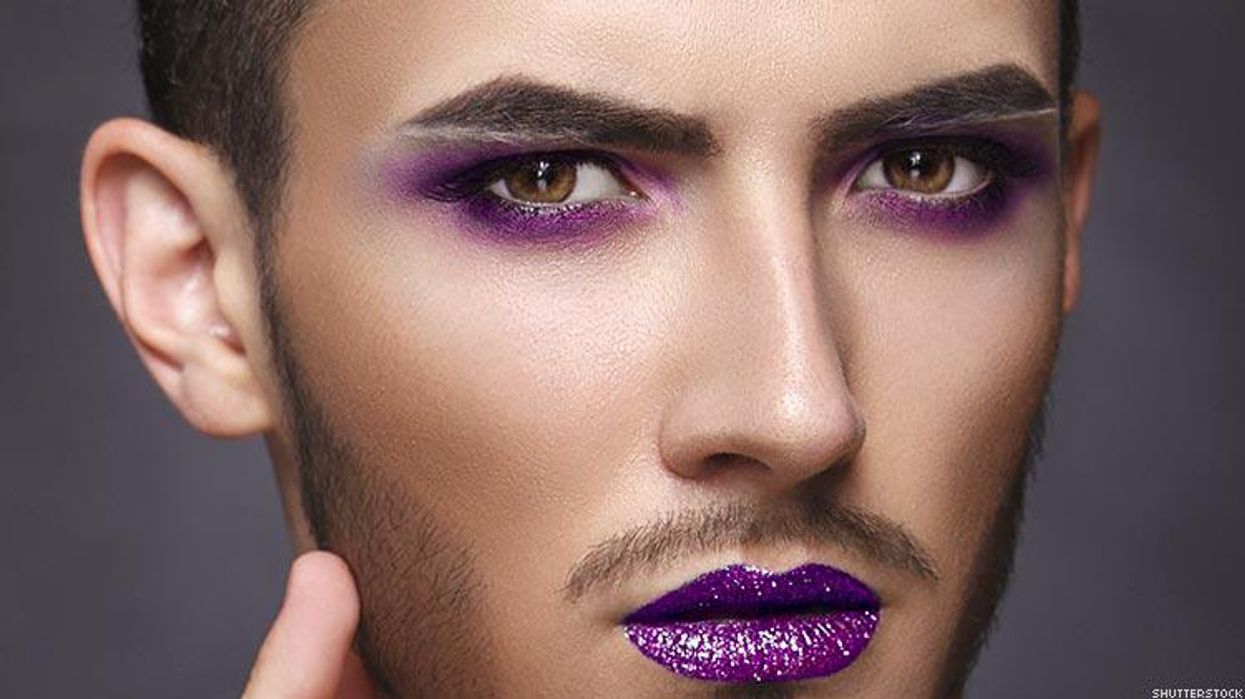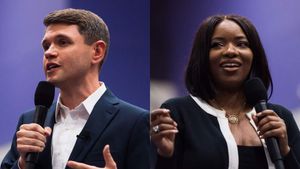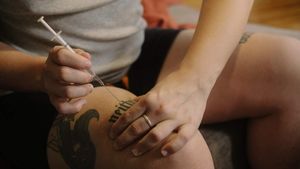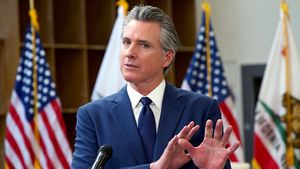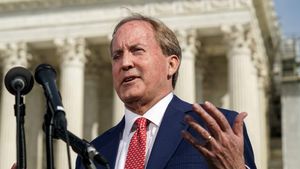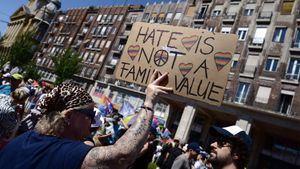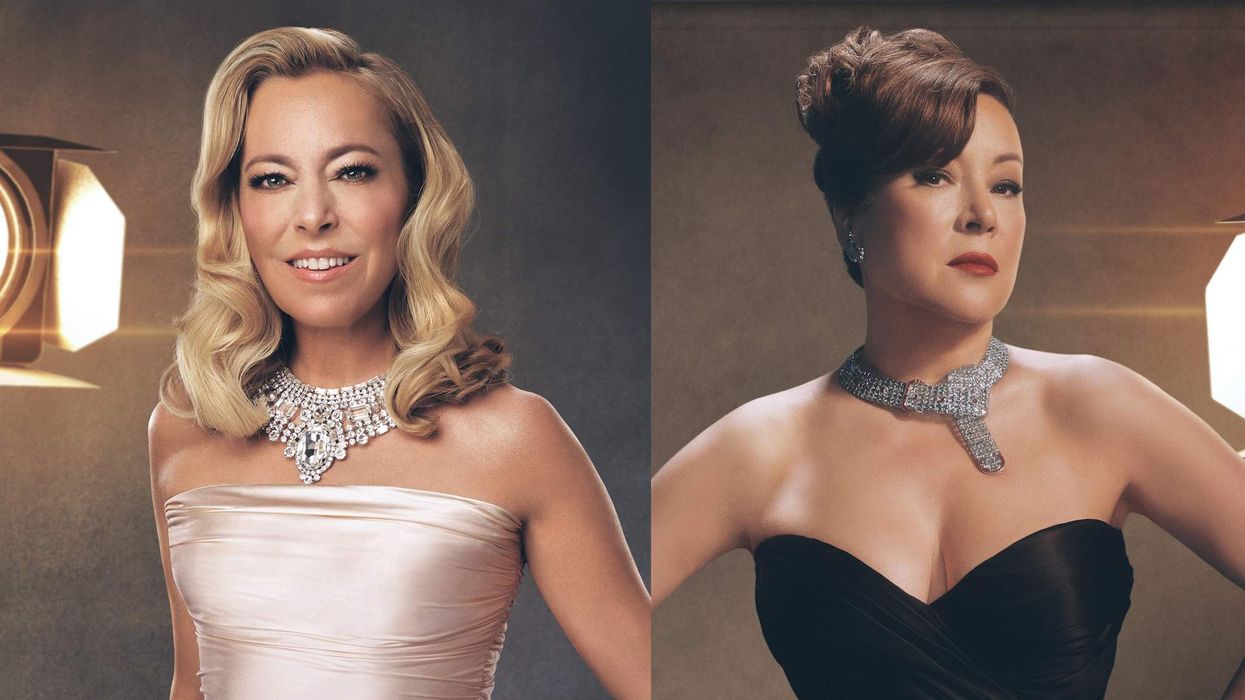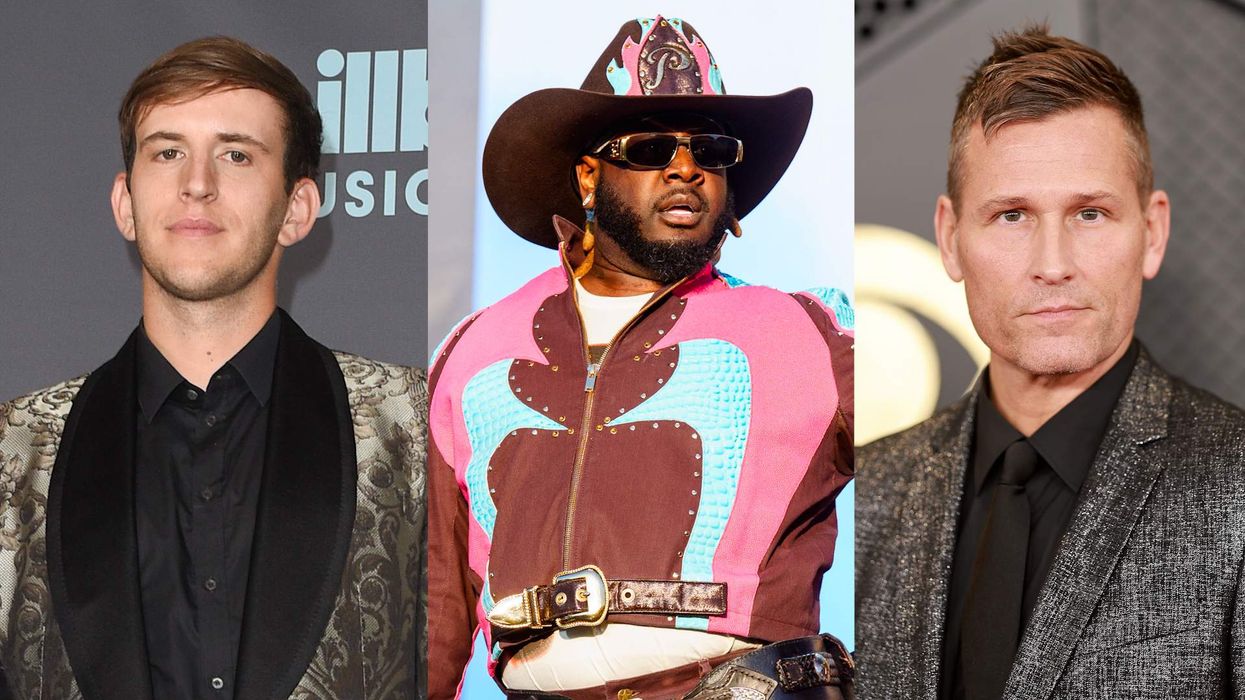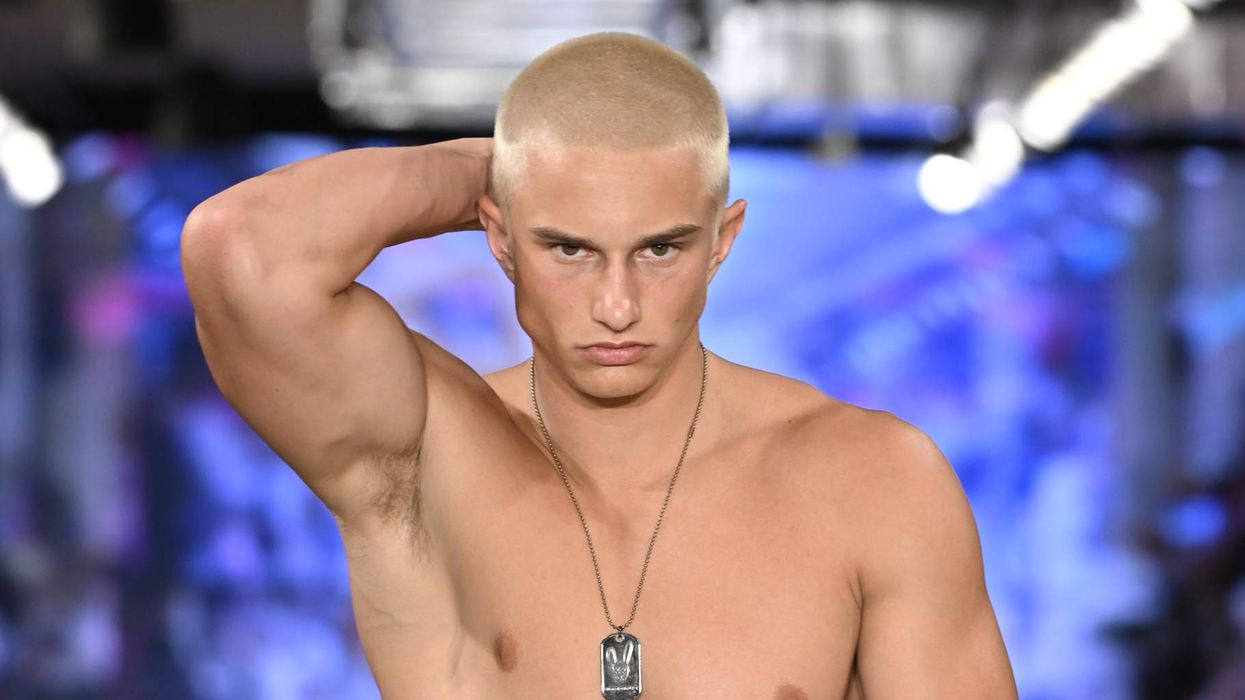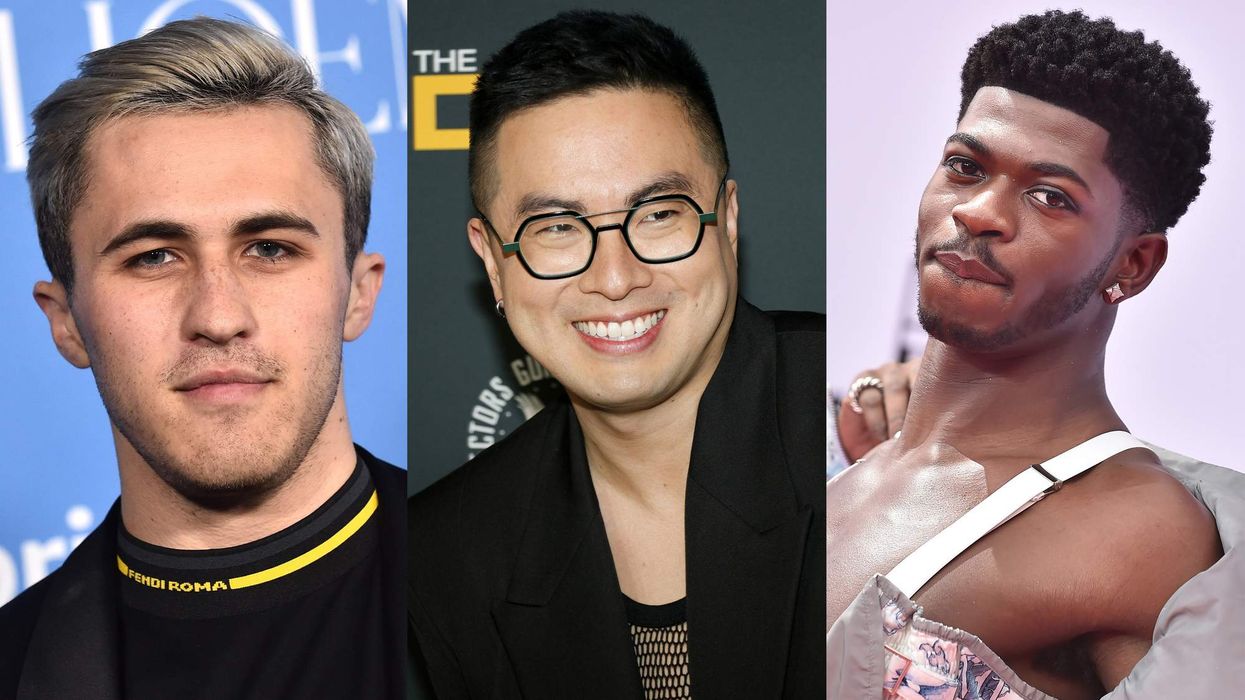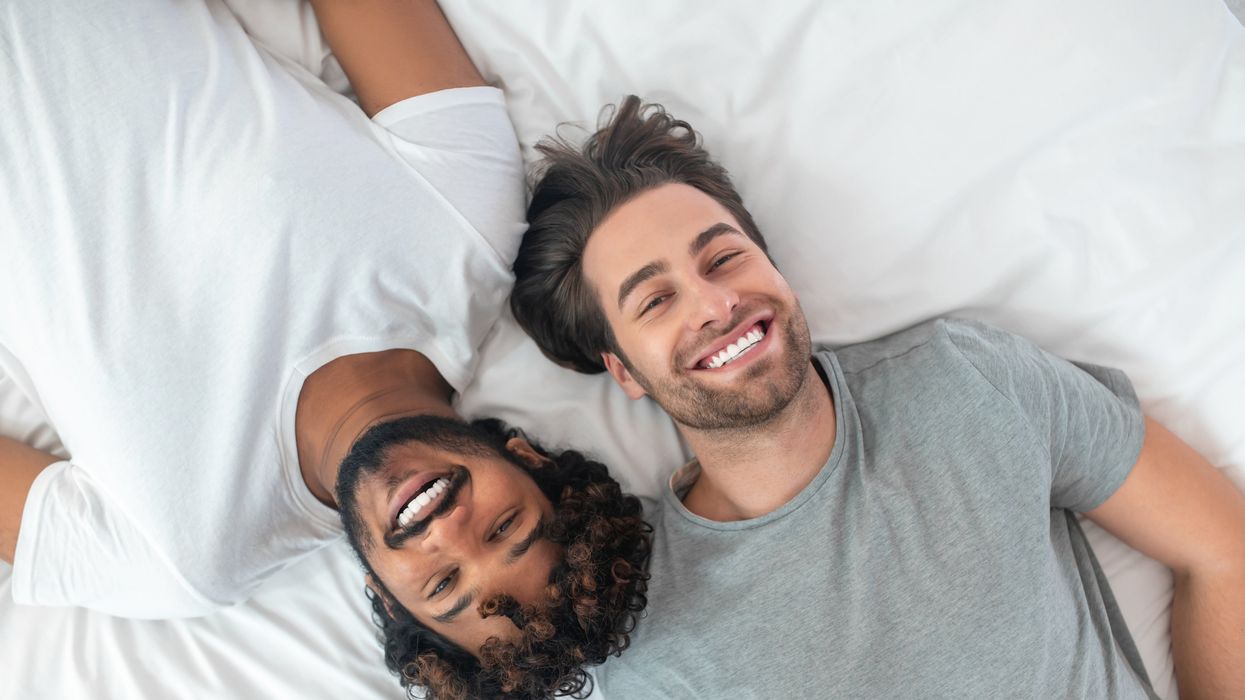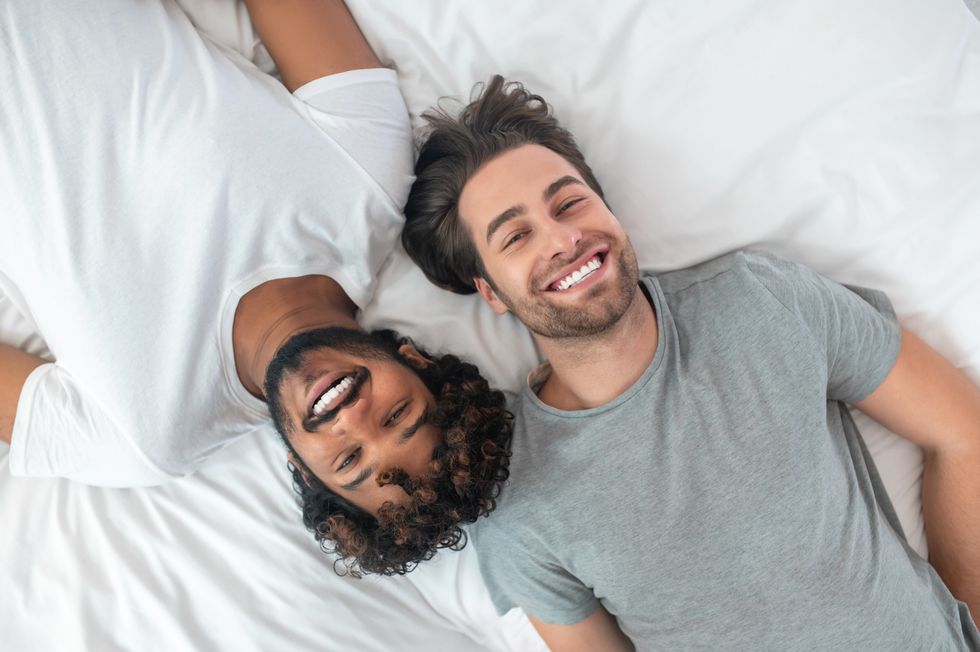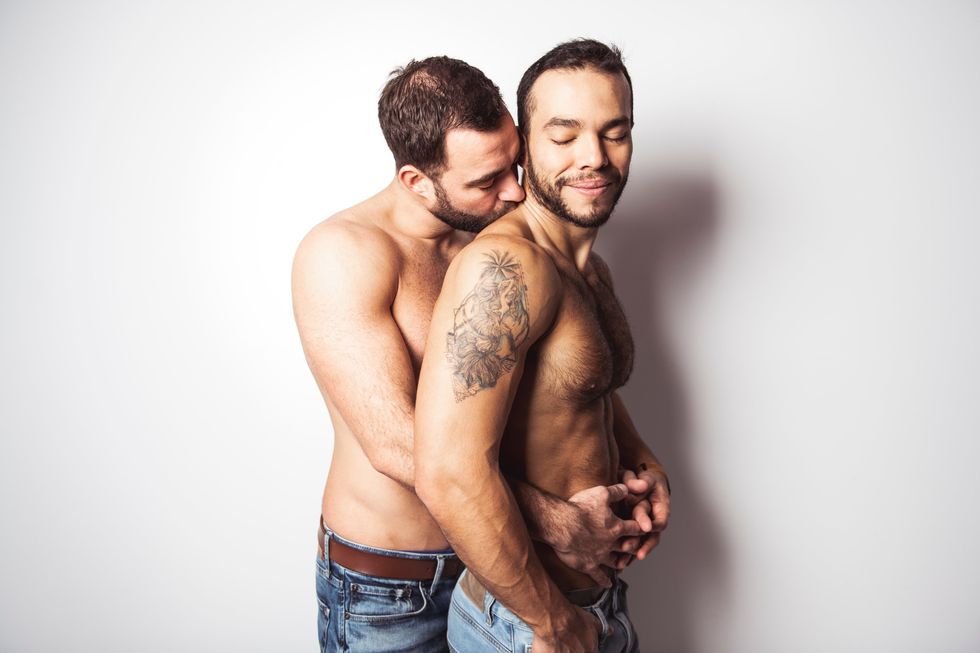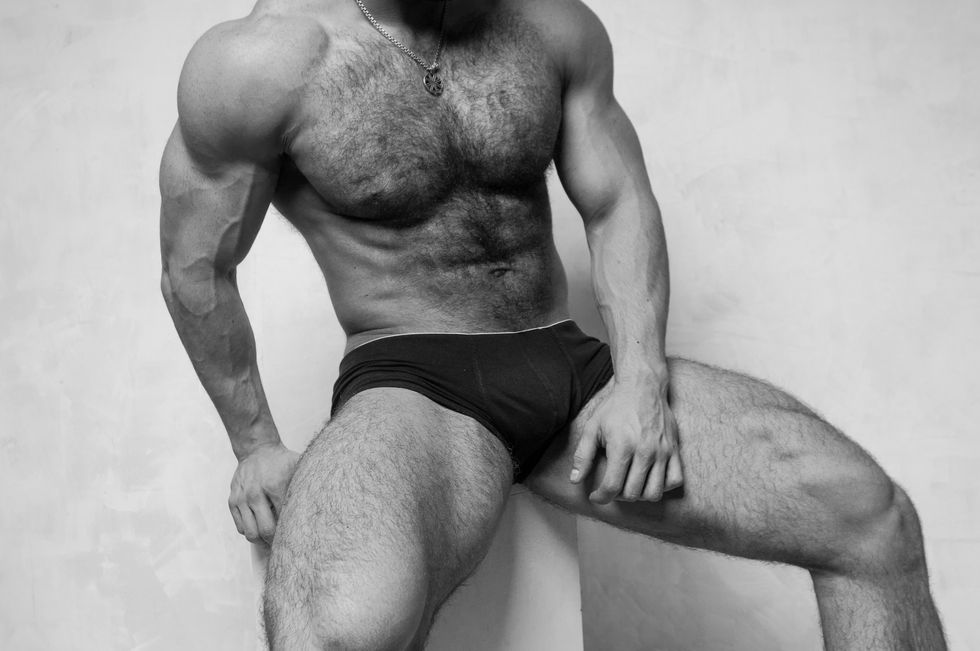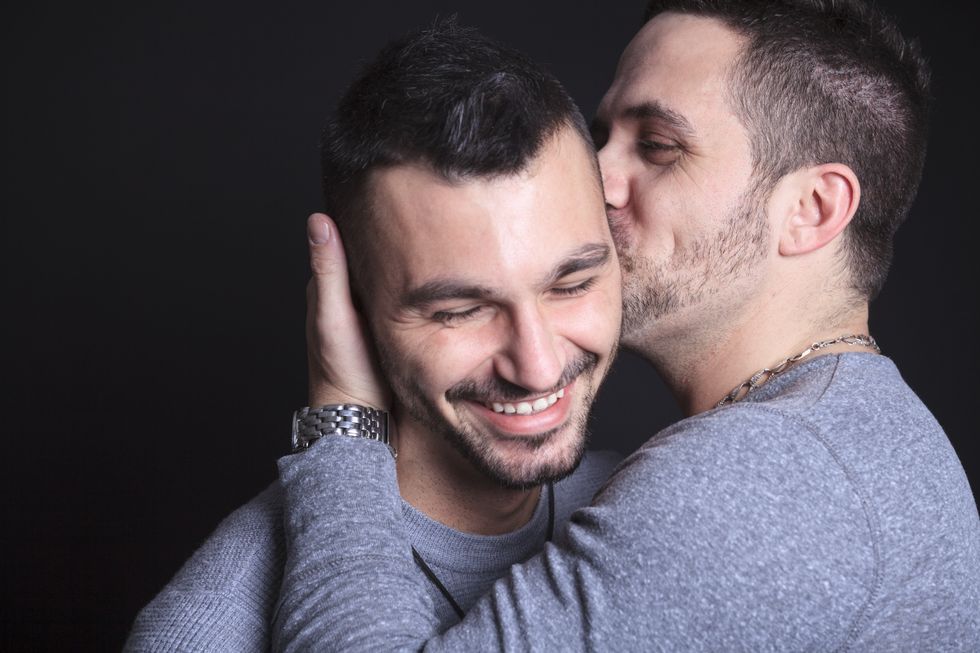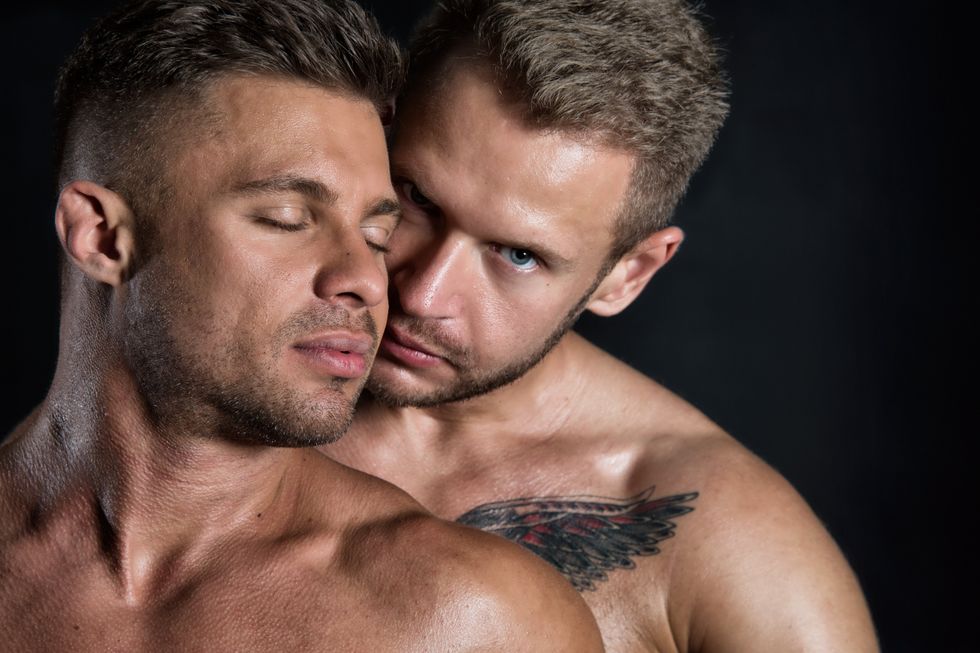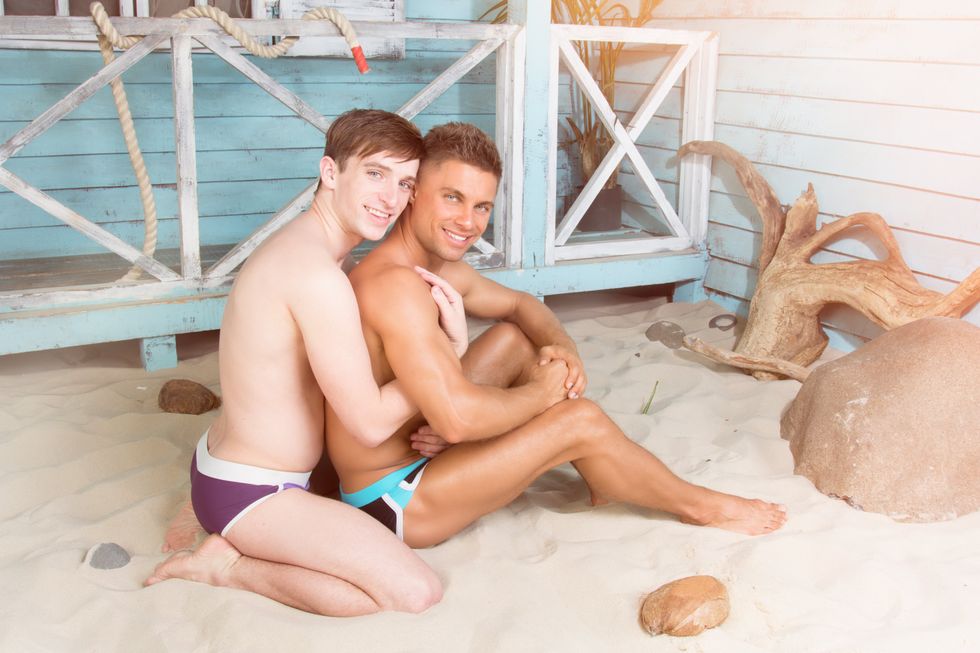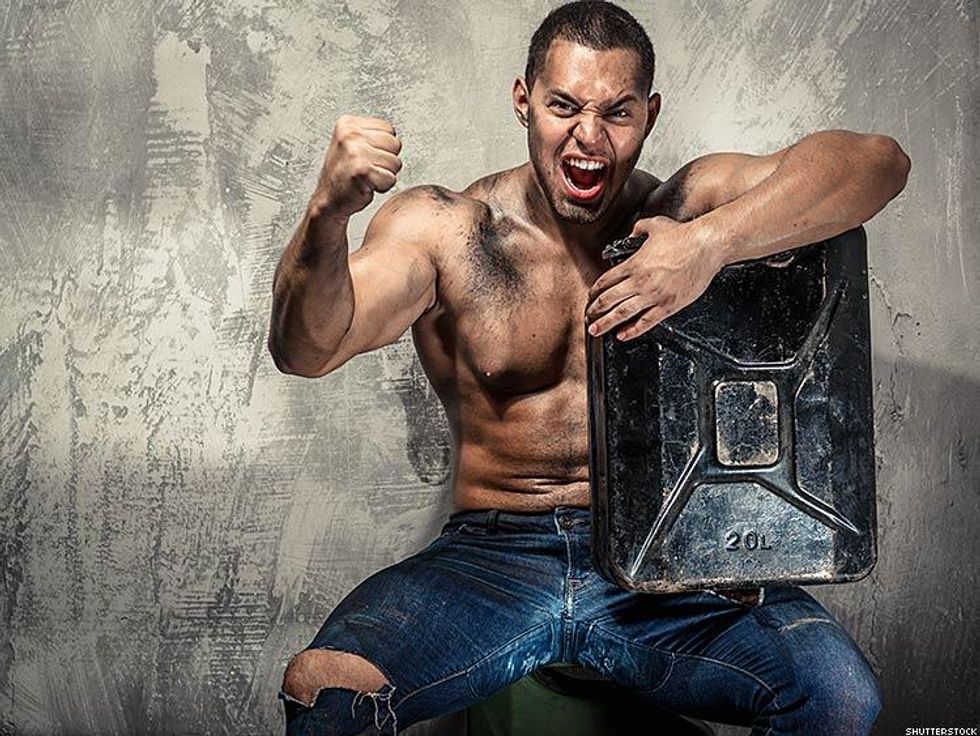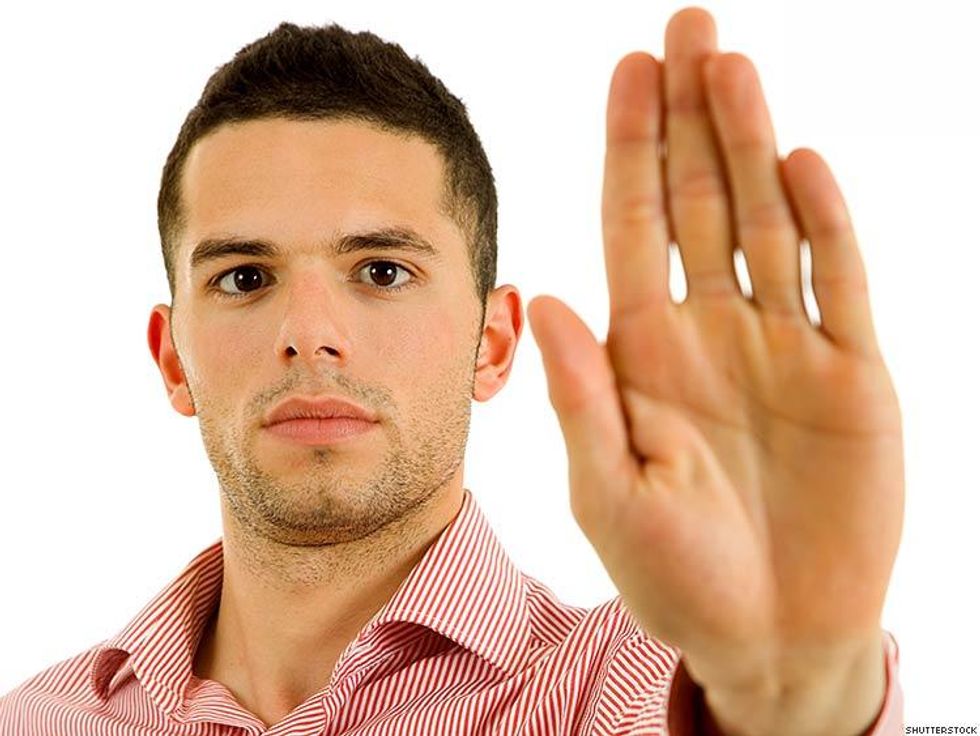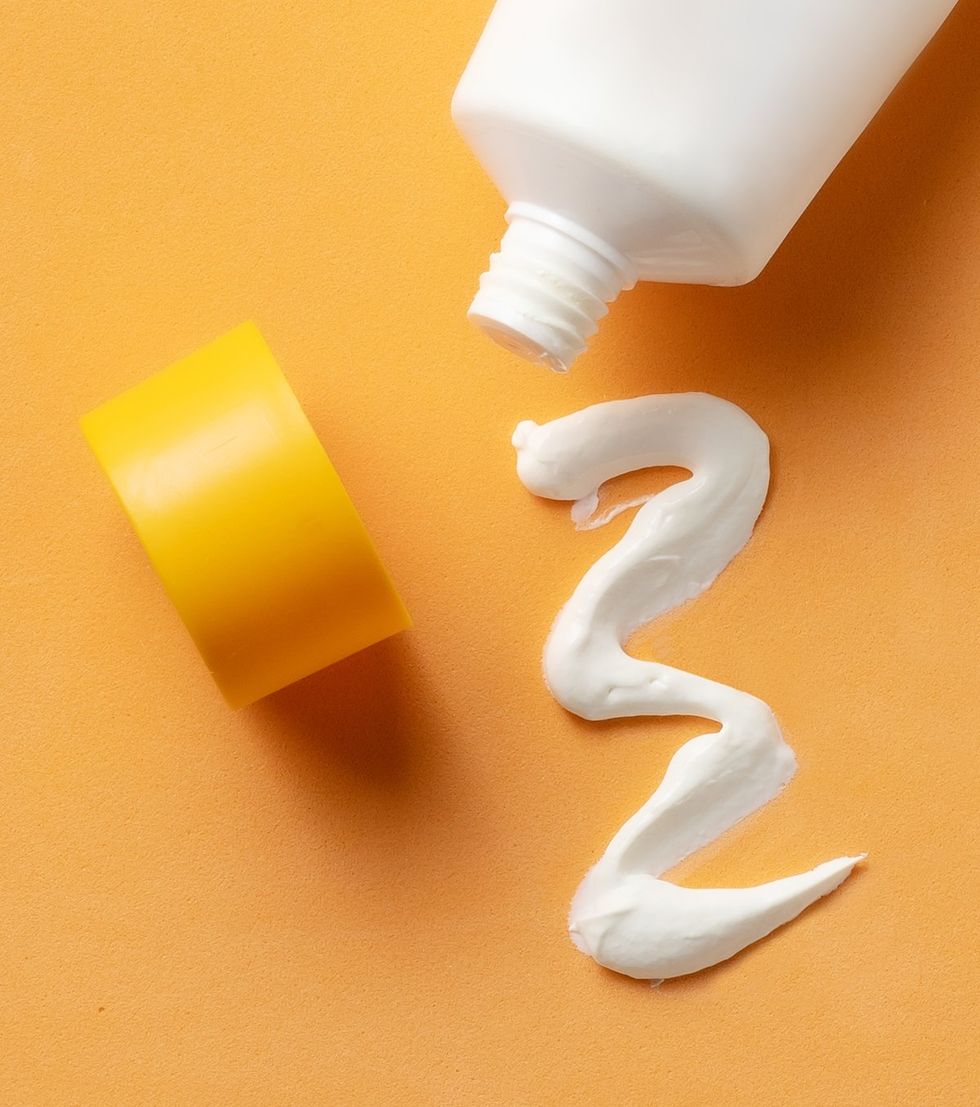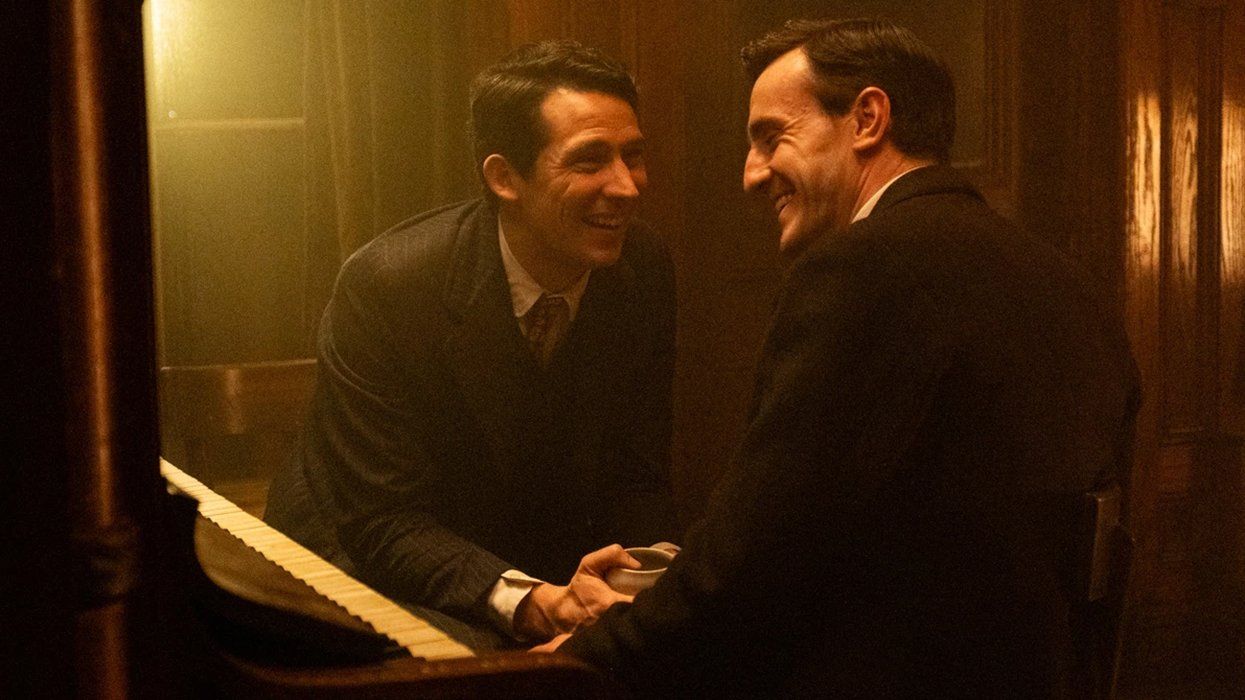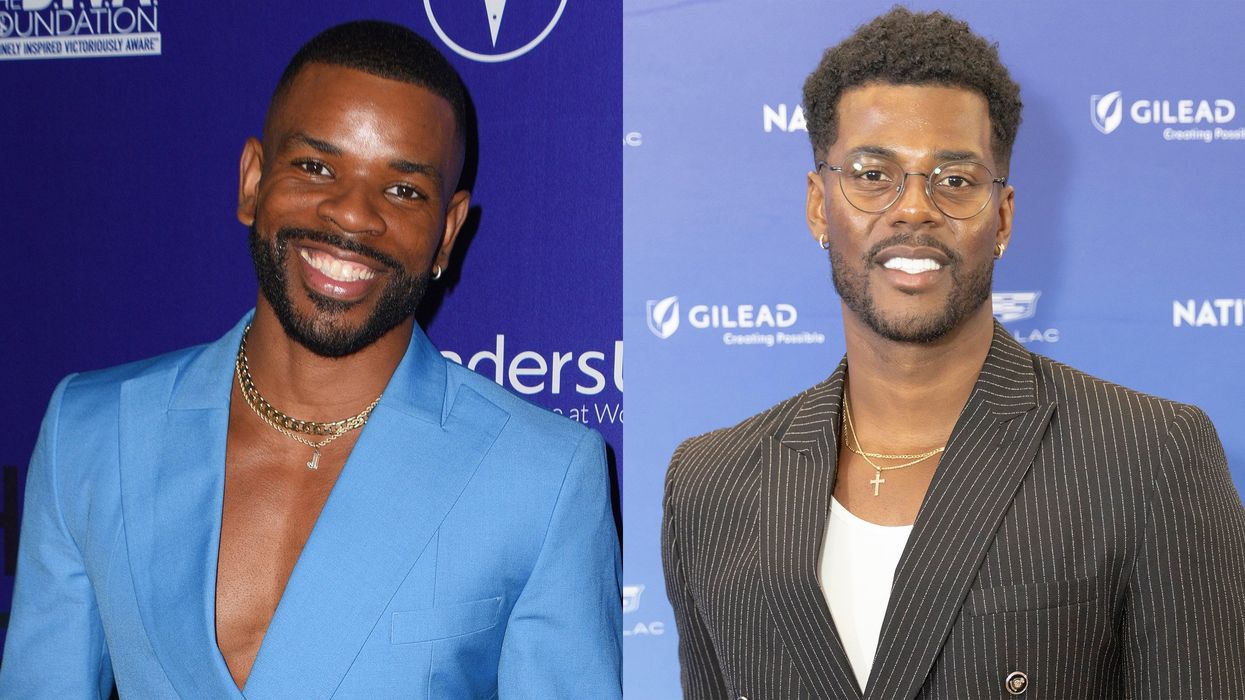It's no secret that the gay community has always had issues when it comes to "preferences." Although race and body type are usually the first that come to mind and discussed in gay spaces, masculinity is also a very prominent issue many gay men deal with, especially if they are feminine.
This begs the question: what actually is masculinity? And why is it so valued in the gay community?
The editors of the UK-based gay magazine Attitude recently conducted a survey where they polled over 5,000 gay men and found that 71% of participants were sexually turned-off by prospective partners who exhibited more overtly effeminate qualities. Only a small population (29% of pollers) viewed fluid masculinity and femme guys to be a positive thing, worth celebrating and accepting.
Additionally, when asked by the mag "Have you ever thought that effeminate gay men give the gay community a bad image or reputation?" some 41% of those polled affirmed their anti-femme sentiment.
After publishing their results, Attitude's editor-in-chief Matt Cain responded, writing "Masculinity is in crisis. At least that’s the message that seems to emerge pretty much every day from the mainstream media."
He continued:
"Broadsheets, Sunday supplements and radio and TV discussion programmes are full of straight men debating what it means to be a man, what constitutes modern masculinity, and whining about how difficult it is to respect themselves now that women are becoming more powerful and that male privilege is being eroded.
But more importantly, what about gay men and our relationship with our masculinity? Because it strikes me that this is much more complicated, intense and potentially troubling. Yes, we enjoy the privilege of being male in a patriarchal society that for some reason values our genitals way above a woman’s.
But I’ve spent much of my life being made to feel as if I’m less of a man for being gay. And that any signs of femininity I may exhibit make me a less important or less valued member of society. And I know lots of other gay men who feel the same way. In this context, it can be bewildering to get our heads round what it means to be a man."
Considering how prevalent all the genderized, "masc-for-masc" nonsense in gay culture is, the results of Attitude's poll aren't really surprising. Disappointing, but not surprising.
Masculine or feminine or neither, so long as you identify as a man, you are a man. No more, no less. This kind of division—and femme-shaming in general—has to STOP.
